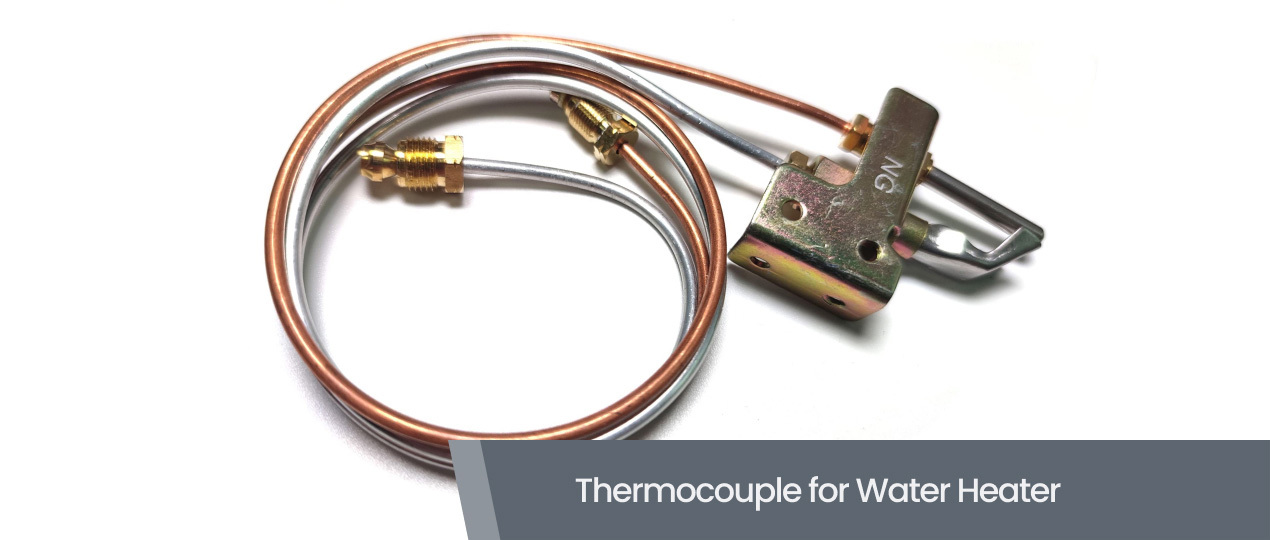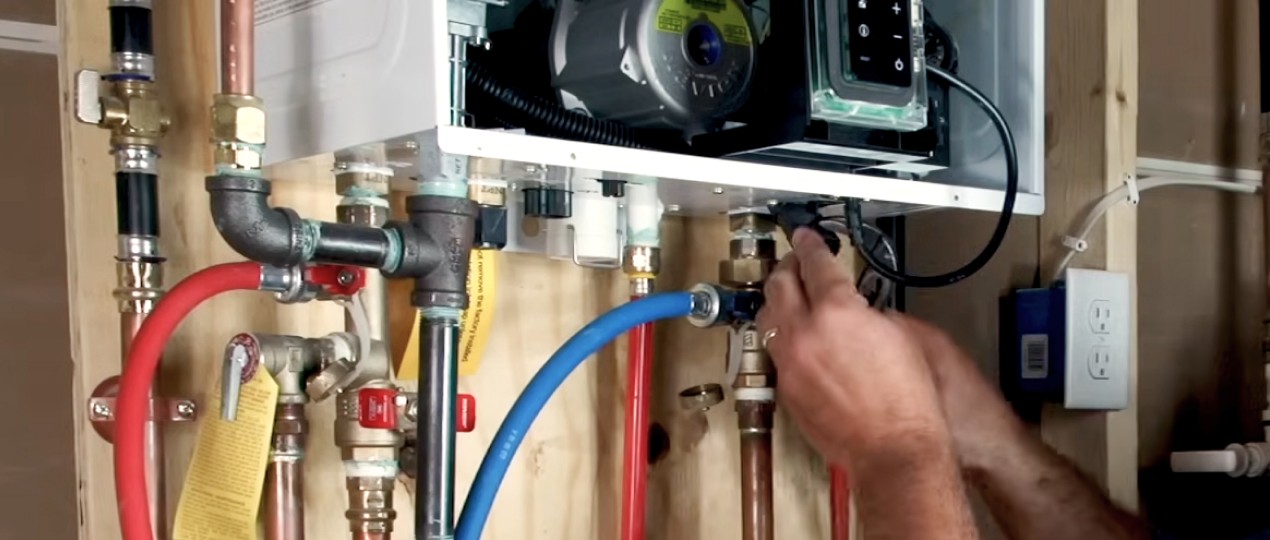
Tankless water heaters are widely used for their energy-efficient and continuous hot water supply. However, proper sizing during installation is crucial to maximize efficiency and performance.
How to calculate hot water demand?

To accurately size a tankless water heater, you must calculate the hot water demand based on the number of appliances, flow rate, and peak usage times. This calculation helps determine the number of gallons per minute (GPM) required and ensures that the unit selected will be able to provide enough hot water when needed.
How to calculate hot water demand? Several factors influence the sizing of a water heater, including climate, inlet water temperature, simultaneous use, and desired hot water temperature. Understanding these factors is crucial to selecting the right size water heater to meet your household’s needs.
| USE | AVERAGE GALLONS OF HOT WATER PER USAGE | TIMES USED DURING 1 HOUR | GALLONS USED IN 1 HOUR |
|---|---|---|---|
| 3 showers | 20 | x 3 | = 60 |
| 1 shave | 2 | x 1 | = 2 |
| 1 hand dishwashing | 3 | x 1 | = 3 |
| Peak Hour Demand | = 65-66 | ||
Choosing a tankless water heater size is not an easy task. Properly sized tankless water heaters offer several benefits, including energy savings, consistent hot water supply, and a long service life. Overly large water heaters can lead to inefficient operation and unnecessary energy consumption, while undersized water heaters will not be able to meet the household’s hot water needs. Accurate sizing of water heaters is essential to ensure optimal efficiency and performance throughout their lifetime.
We can handle various issues, ensuring your Water Heater works at its best.
Order the best specialist in Canada Now (866) 545-6460






